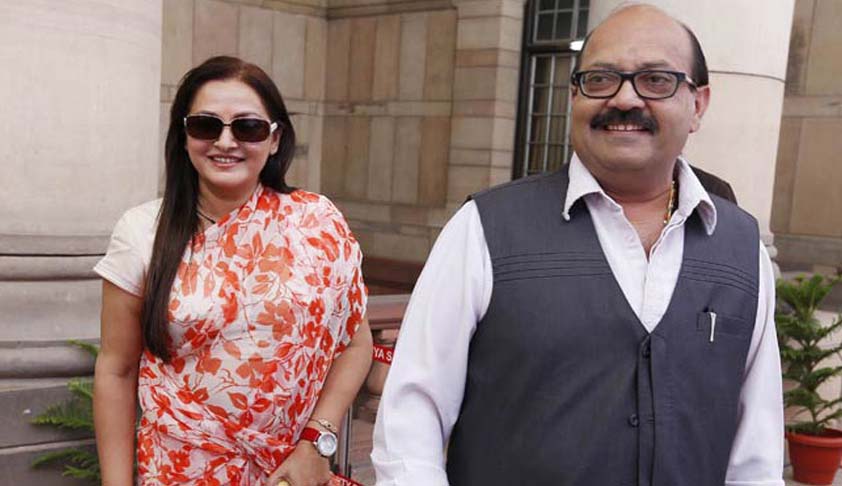SC refuses to answer queries raised by Amar, Jayaprada on Anti-defection law
LIVELAW NEWS NETWORK
3 Aug 2016 11:33 AM IST

Next Story
3 Aug 2016 11:33 AM IST
In an anti-climax after lengthy hearings, the Supreme Court today said it will not answer any of the questions raised by expelled Samajwadi Party leaders in a plea filed by them to re-examine the anti-defection law, which lays down rules for disqualification of MPs or state assemblies for crossing the floor during voting on any particular issue.SC"s refusal to answer the queries meant that...
